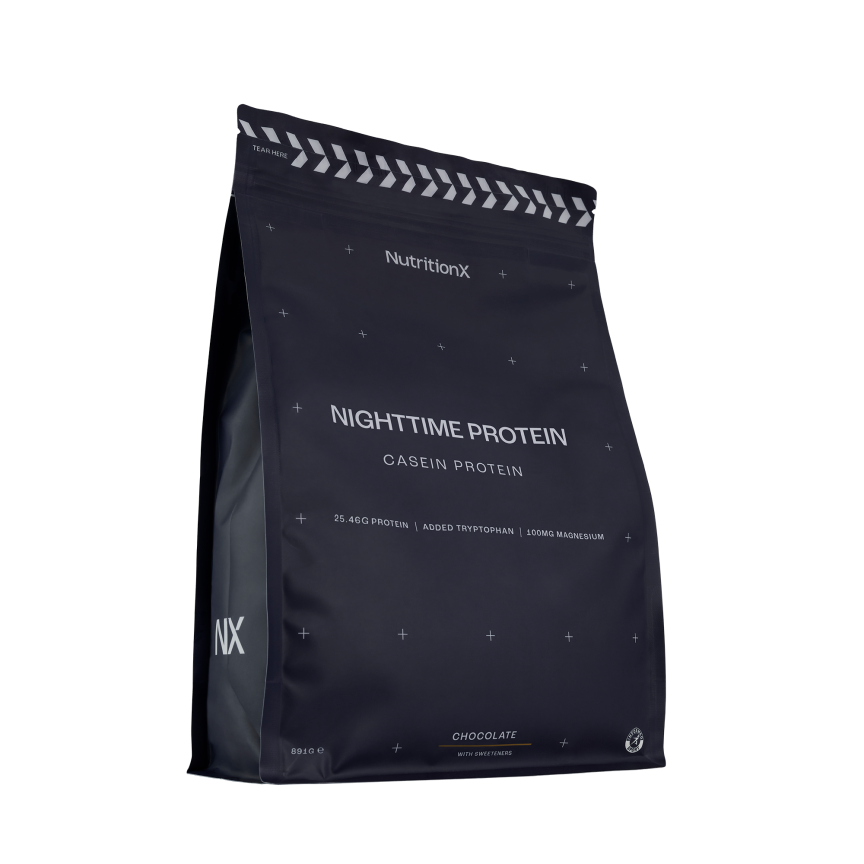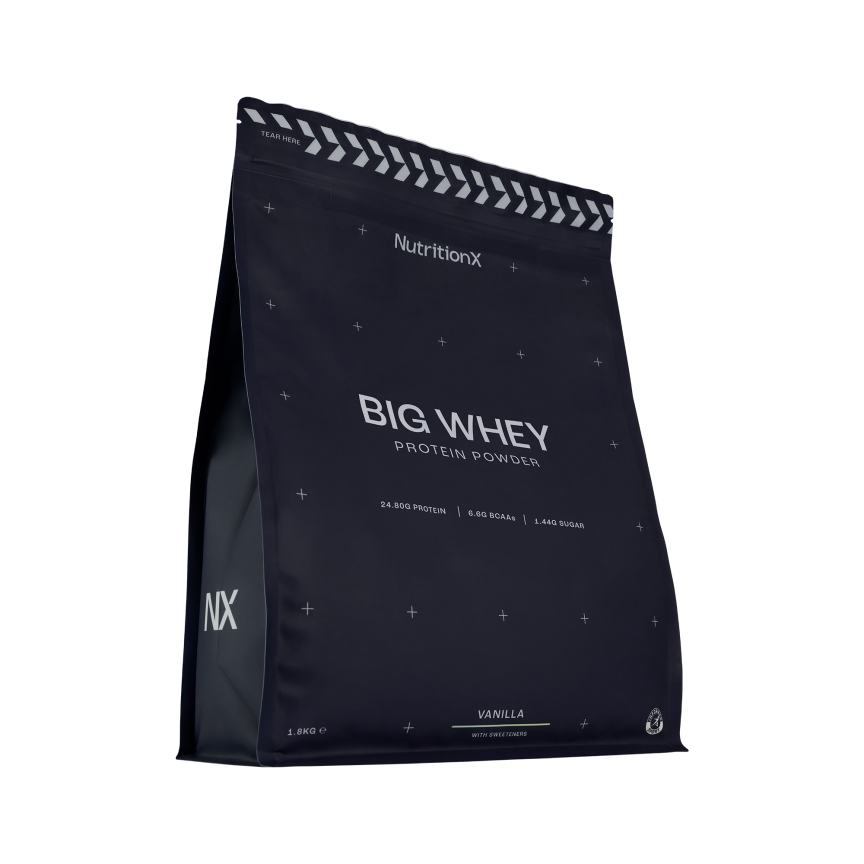Why are fats important for athletes?
Fats are important for athletes as a fuel source, providing energy, helping to absorb vitamins and minerals, and protecting organs and tissues. So, whilst dietary fat has sometimes been seen as the villain to general health and body weight, it is actually important to remember that dietary fats play a key role in our health and wellbeing.
For example, vitamins A, D, E and K are all fat-soluble, and so dietary fats help to provide their transport in the body. Fats also help to regulate body temperature and produce hormones (e.g. cholesterol is a precursor for testosterone). Dietary intakes of fat also supply essential fatty acids (omega-3 and omega-6 fatty acids) that cannot be synthesised by the body.
How does the body use fats?
Different dietary fats have numerous uses within the body. Fats can provide fuel for the majority of our body’s cells and are important fuels for contracting skeletal muscle. Fat also protects vital organs such as the heart, liver, spleen, kidneys, brain and spinal cord, with a layer of adipose tissue covering these organs to protect them against trauma. About 2% - 4% of total body fat is stored around vital organs, and different fats can be used as parts of our cell membranes.
How much fat does an athlete need to consume a day?
In the UK, current general guidelines recommend that:
- Fats make up no more than ~35% of our total daily energy intake. However, athletes should avoid <20% of total energy from fat chronically, to avoid deficiency of fat-soluble vitamins and essential fatty acids.
- Saturated fats should make up no more than 10% of our total daily energy intake.
- Trans fats should account for no more than 2% of our total energy intake.
What are ‘bad’ fats for athletes?
Traditionally, saturated fats and trans fats have been classed as “bad” fats, whereas unsaturated fats and polyunsaturated fats have been classified as “good” fats.
Saturated fats are found in foods such as meat and dairy products. Trans fats are found in processed foods, such as fried foods, cookies and crackers. Trans fats have been considered to be the "unhealthiest" fats because there is some evidence to suggest that they can raise cholesterol levels and increase the risk of heart disease. However, individual saturated fatty acids have differing effects on blood lipid levels depending on their composition. For example, lauric acid (found in high concentrations in coconut oil) actually decreases total-to-high density lipoprotein cholesterol ratio, due to an increase in high-density lipoprotein cholesterol.
What are good fats for athletes?
Monounsaturated fats and polyunsaturated fats are both considered “healthy” fats for athletes to incorporate into their diets.
Monounsaturated fats are found in foods such as olive oil, avocados and nuts, whilst polyunsaturated fats are found in foods such as fish (think omega-3), flaxseed oil and walnuts. These have been considered to be "healthy" fats because there is some evidence to suggest that they help to lower cholesterol levels and reduce the risk of heart disease.
Does eating too much fat affect athletic performance?
Considering fat is the most energy-dense macronutrient (∼9 kcal per gram, compared to ∼4 kcal per gram for both carbohydrate and protein), athletes may wish to be particularly mindful of over-consuming fats (and therefore calories); especially in sports where having a low body/fat mass are often seen as desirable. As a result, these athletes may choose to limit their fat intake.
In sports where high intensity exercise is performed, over-consumption of fats in the place of carbohydrates might also have a negative impact on performance. For example, studies have shown that high fat consumption and ketogenic diets can negatively impact exercise and economy in endurance based sports.
Similarly, to find out more about how protein affects body composition in athletes, check out our dedicated X-Change paper.
Does eating fats benefit athletic performance?
There is currently no evidence showing that consuming foods high in fat, or fatty acid derived supplements, during exercise can improve performance. On the contrary, there is actually data showing it can negatively impact athletic performance.
However, eating foods that contain fats is an important part of our daily diet and should be consumed to avoid low energy availability. Eating fats as part of a daily nutrition strategy also helps to prevent deficiencies in certain fat-soluble vitamins (vitamins A, E, and K), omega-3 and omega-6 fatty acids, and potentially iron and calcium.







